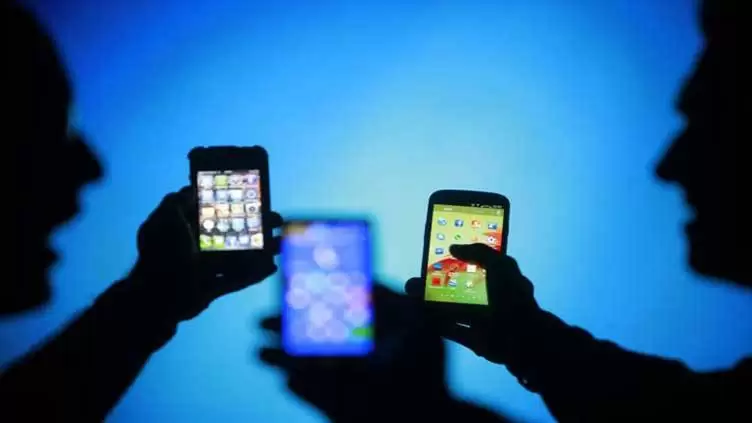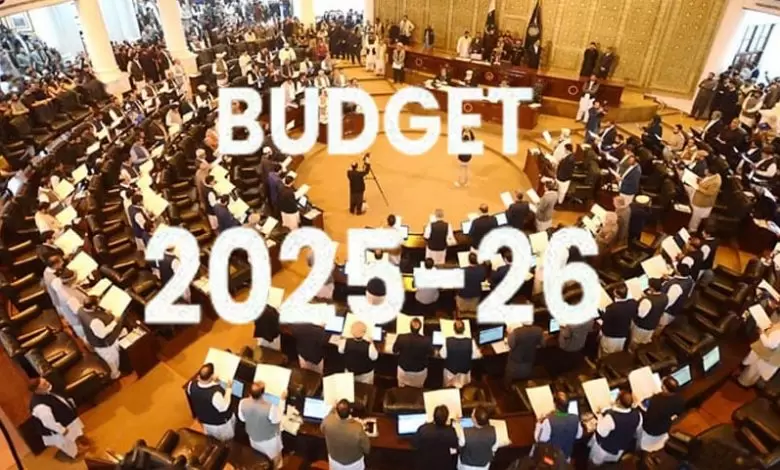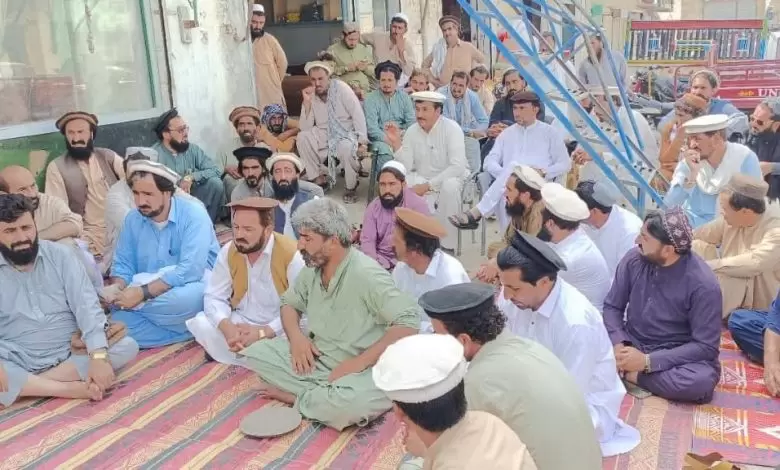
In a world where internet access is increasingly considered a basic human right, countless remote regions in Pakistan remain digitally isolated.
Areas like Zakha Khel and Shalman, Khyber district, of Khyber Pakhtunkhwa are still deprived of reliable internet connectivity, a stark contrast to the promises of a “Digital Pakistan.”
Ironically, the situation is deteriorating even in urban centers, where mobile service providers continue to charge users full amounts for internet packages while delivering a service so poor it borders on exploitation.
Mobile tower owners have deliberately throttled signals and data speeds to such an extent that users who pay for internet packages are often left with nothing but frustration.
The government remains complicit in this neglect, and the judiciary has yet to take meaningful notice of this injustice. Political leaders and human rights advocates, too, have remained surprisingly silent on the matter.
Also Read: Tragic End to Missing Woman’s Case in Nowshera: Pregnant Woman Dies in Suspected Family Dispute
In the tribal belt of Khyber Pakhtunkhwa, access to mobile networks is either non-existent or so dysfunctional that it renders internet usage virtually impossible. This technological exclusion is not just an inconvenience, it is a denial of opportunity, education, expression, and progress.
Globally, the conversation has moved forward. The United Nations Human Rights Council, in a resolution passed in 2016, affirmed that denying access to the internet is tantamount to violating human rights. This reflects the understanding that internet connectivity is vital in today’s world, for several crucial reasons:
1. Freedom of Expression:
The internet empowers citizens to voice their opinions, share their experiences, challenge injustices, and participate in public discourse. It cultivates a culture of dialogue and accountability.
2. Access to Education and Knowledge:
With prestigious universities, cutting-edge research, and updated information all available online, digital exclusion equates to educational deprivation. Staying informed about global affairs is a right, not a privilege.
3. Economic Opportunities:
Jobs, businesses, freelancing, and e-commerce are all fueled by internet connectivity. Students and professionals rely on it for academic support and career advancement.
4. Social Participation and Inclusion:
Through the internet, citizens can engage with governmental policies, participate in democratic processes, and both support and critique state actions.
5. Transparency and Accountability:
Digital platforms, especially social media, serve as watchdogs by keeping institutions in check and giving voice to the marginalized.
Internet access is no longer a luxury or entertainment tool, it is a lifeline to justice, development, and freedom. Denying this right, especially to already disadvantaged regions, deepens existing inequalities. The digital divide is not merely a technical issue; it's a human rights issue.
It’s time for citizens to unite, raise their voices, and demand what is rightfully theirs. Internet access must be recognized as a fundamental right, and authorities must be held accountable for ensuring its availability, especially in areas long overlooked. The road to equality, opportunity, and progress runs through a connected Pakistan.
.jpeg)
26 Jun, 2025






.jpeg)
26 Jun, 2025